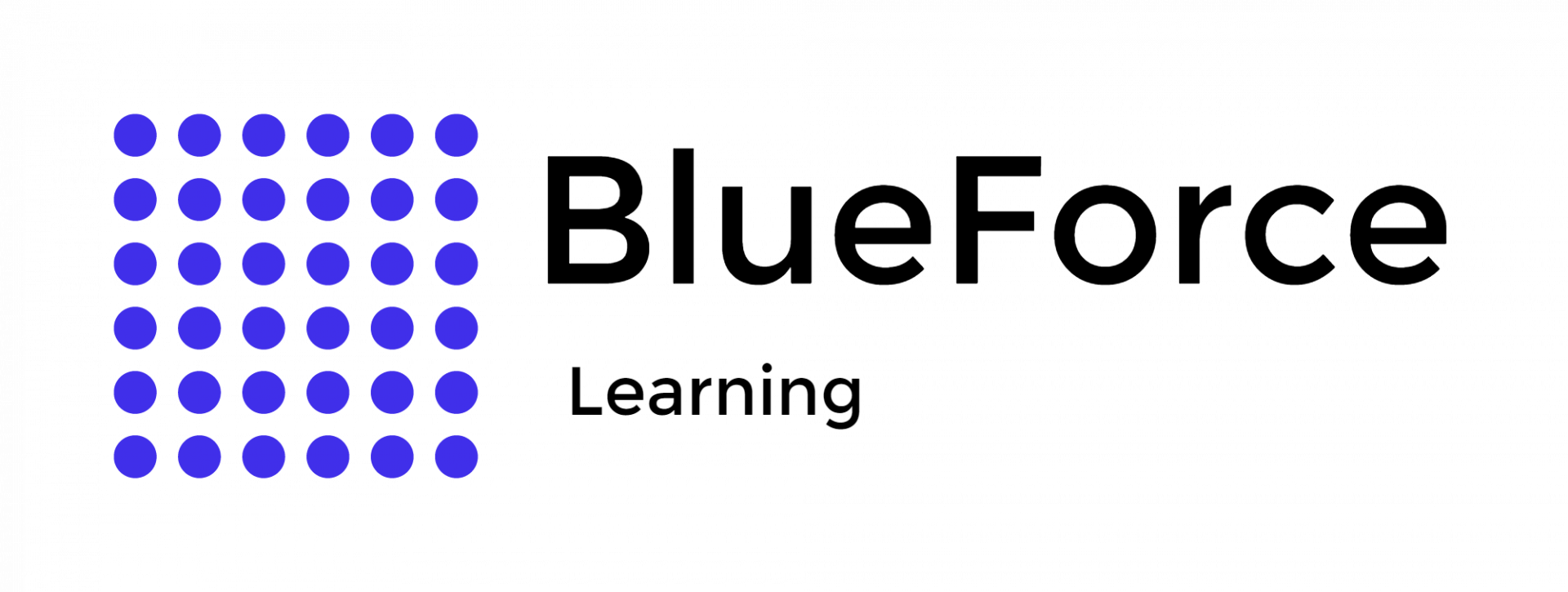Apr 27
Intelligence-Led Policing: A Game Changer in Law Enforcement Strategies
Intelligence-led policing (ILP) has emerged as a game-changing approach to law enforcement, transforming traditional practices and operations. This proactive method, which relies on data collection and analysis, enhances law enforcement courses, strategies and effectiveness. If you're new to ILP, our Beginner's Guide offers comprehensive preliminary knowledge.
Understanding Intelligence - How is it Different from Information?
It's crucial to distinguish between information and intelligence, as they are not synonymous. Information refers to any data collected from various sources, while intelligence is the result of analyzed and evaluated information. Only well-trained and skilled individuals can convert information into actionable intelligence, making data and intelligence-related skills essential for effective crime fighting and control.
Law enforcement professionals must understand the concept of intelligence and its importance. There are two types of intelligence: tactical and strategic.
Law enforcement professionals must understand the concept of intelligence and its importance. There are two types of intelligence: tactical and strategic.
Tactical and Strategic Intelligence: Key Differences
Tactical intelligence directly contributes to specific investigations and case closures, supporting immediate actions to combat and solve crimes. In contrast, strategic intelligence involves identifying, detecting, and interfering with criminal activity, focusing on big-picture law enforcement tasks like effective planning and resource allocation. Strategic intelligence evolves over time, allowing for scalable, long-term solutions, and is sometimes referred to as 'operational intelligence'.
The Power of Intelligence-Led Policing (ILP)
With a solid grasp of intelligence, it becomes clear why it is vital for law enforcement agencies. Intelligence analysis is essential for planning, data-driven decision-making, and strategic targeting to reduce crime. ILP is an approach that enables law enforcement to effectively work on all these aspects of crime control, using intelligence to better evaluate crime trends, patterns, and issues, and devise effective policing strategies.
With the integration of data analysis and strategic thinking, ILP enables agencies to become more proactive and efficient in their operations. As technology continues to advance, new innovations will further enhance the capabilities of ILP, making it an even more powerful tool in the fight against crime.
By participating in online training programs such as those offered by BlueForce Learning, law enforcement professionals can develop the essential skills needed to excel in this new era of policing. With a commitment to continuous learning and improvement, law enforcement agencies can harness the full potential of intelligence-led policing to create safer communities.
With the integration of data analysis and strategic thinking, ILP enables agencies to become more proactive and efficient in their operations. As technology continues to advance, new innovations will further enhance the capabilities of ILP, making it an even more powerful tool in the fight against crime.
By participating in online training programs such as those offered by BlueForce Learning, law enforcement professionals can develop the essential skills needed to excel in this new era of policing. With a commitment to continuous learning and improvement, law enforcement agencies can harness the full potential of intelligence-led policing to create safer communities.
Positive Impacts of Intelligence-Led Policing on Law Enforcement Agencies
ILP is a continuously evolving concept. ILP technology offers numerous benefits, such as increased efficiency, targeted resource allocation, and enhanced collaboration between agencies Here are five major positive impacts of ILP on law enforcement:
Data-Driven Decision Making
ILP enables law enforcement professionals to make efficient decisions based on data, allowing for better estimation of crime patterns and trends. Intelligence analysis training is vital for law enforcement officers to develop these skills.
Responsive Enforcement Planning
Effective planning requires law enforcement professionals to have a profound understanding of their jurisdiction's crime problems and contextual information about their community. ILP supports the practical analysis of collected data, leading to responsive enforcement plans that meet the community's needs.
Strategic Resource Targeting
By using intelligence to develop law enforcement operations, agencies can better understand where resources are needed most to combat crime. Intelligence-led policing helps in effective resource allocation through specific targeting of individuals, locations, and operations.
Proactive Crime Prevention
ILP emphasizes a proactive approach to law enforcement, focusing on preventing crime before it occurs rather than merely reacting to it. This can lead to a decrease in crime rates to establish a safer community for everyone.
Collaboration and Information Sharing
ILP also supports collaboration and information sharing between local, state, and federal law enforcement agencies, fostering a more effective and coordinated response to crime. Law enforcement professionals can share best practices and resources, establishing a constructive learning environment for continuous improvement. Online law enforcement courses make acquiring data-based skills more accessible than ever.
BlueForce Learning | Offering the Best Online Crime Analysis Certificate Programs
BlueForce Learning Academy offers top-tier law enforcement certification online programs aimed at equipping professionals with the necessary data and intelligence skills. Our law enforcement online courses, designed by and for law enforcement professionals, provide in-depth knowledge and hands-on experience for optimal learning.
Our community of learners enjoys lifetime access to all courses, allowing them to revisit the material and maintain their learning trajectory. By improving their skills, law enforcement professionals can work more productively in terms of time, energy, and resources. Enhance your skill set with intelligence and begin fighting crime proactively today.
Our community of learners enjoys lifetime access to all courses, allowing them to revisit the material and maintain their learning trajectory. By improving their skills, law enforcement professionals can work more productively in terms of time, energy, and resources. Enhance your skill set with intelligence and begin fighting crime proactively today.
What is intelligence-led policing?
A
model of policing where data analysis and crime intelligence are used to guide
decisions in crime prevention and response.
What is operational intelligence in law enforcement?
Information
gathered and analyzed in real-time to assist law enforcement officers with
ongoing operations, incidents, or specific cases.
What is strategic crime intelligence?
Analysis
of data to identify patterns, trends, and threats over a longer term, helping
law enforcement plan and allocate resources more effectively.
What is actionable intelligence in law enforcement?
Information
that's immediately useful for making decisions or taking actions in law
enforcement operations.


